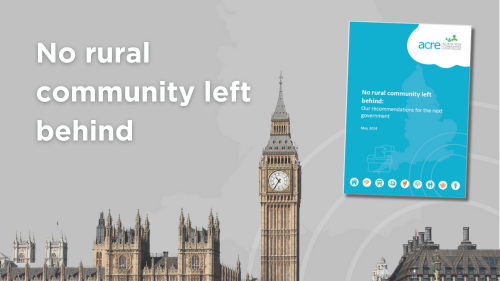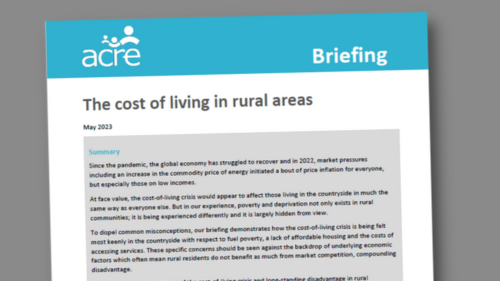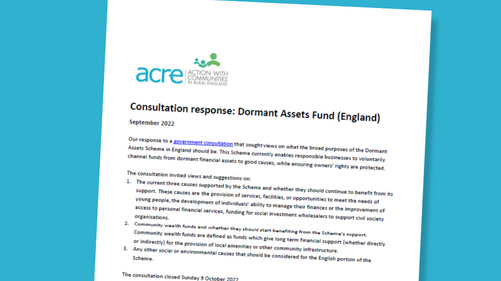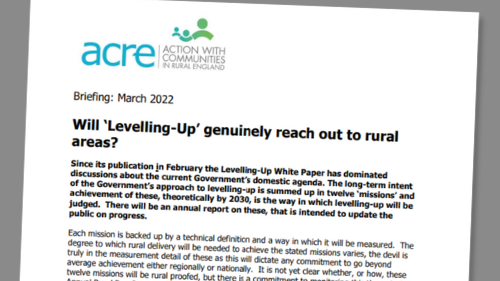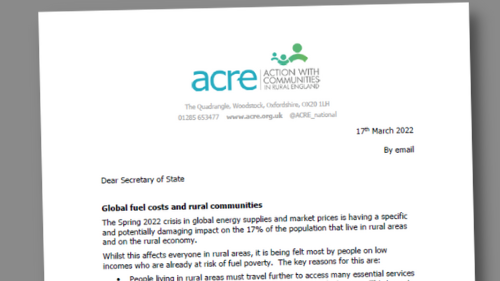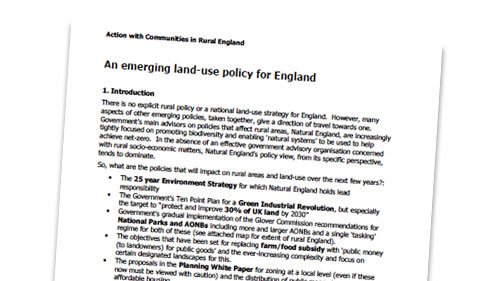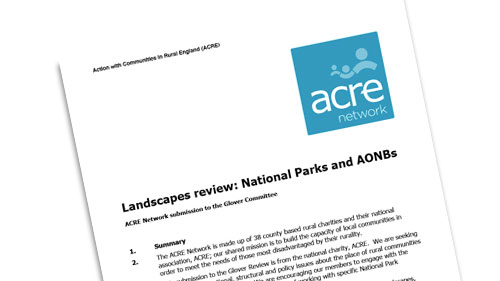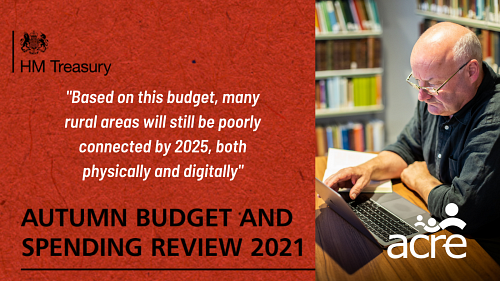A fair deal for rural communities
Rural communities have distinctive qualities and needs which can get overlooked by policy makers. We make sure the people living and working in the countryside do not get forgotten.
The needs of rural communities have tended to be overlooked by successive governments. It has been a long while since any administration overtly committed to rural development and more often than not, new legislation and policies miss the mark in terms of assessing their impact on the rural population. This ‘rural blindness’ can have a profound impact for the people who live and work in the countryside and limit the opportunities open to them.
Drawing on the experiences of our members, we seek to ‘rural proof’ government policies and initiatives, so they are examined closely from a rural perspective and their impact on those areas understood. Rural proofing is based on an understanding that rural communities have different needs and characteristics to their urban counterparts which may require different solutions and interventions. Members of the ACRE Network do the same locally, adding scrutiny to the work of local government bodies and service providers.
We want government to take a much more proactive approach to rural proofing domestic policy. Rather than this being a retrospective appraisal of policies that have already been made, we want the needs and circumstances of rural communities to be considered from the outset when designing new interventions. A new statutory body should be set up to oversee this work, along with requisite training for civil servants and new metrics that demonstrate whether policies are working or not.
View our specific policy recommendations for the next government here.



